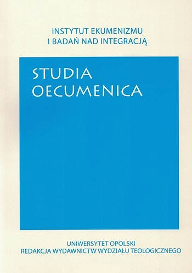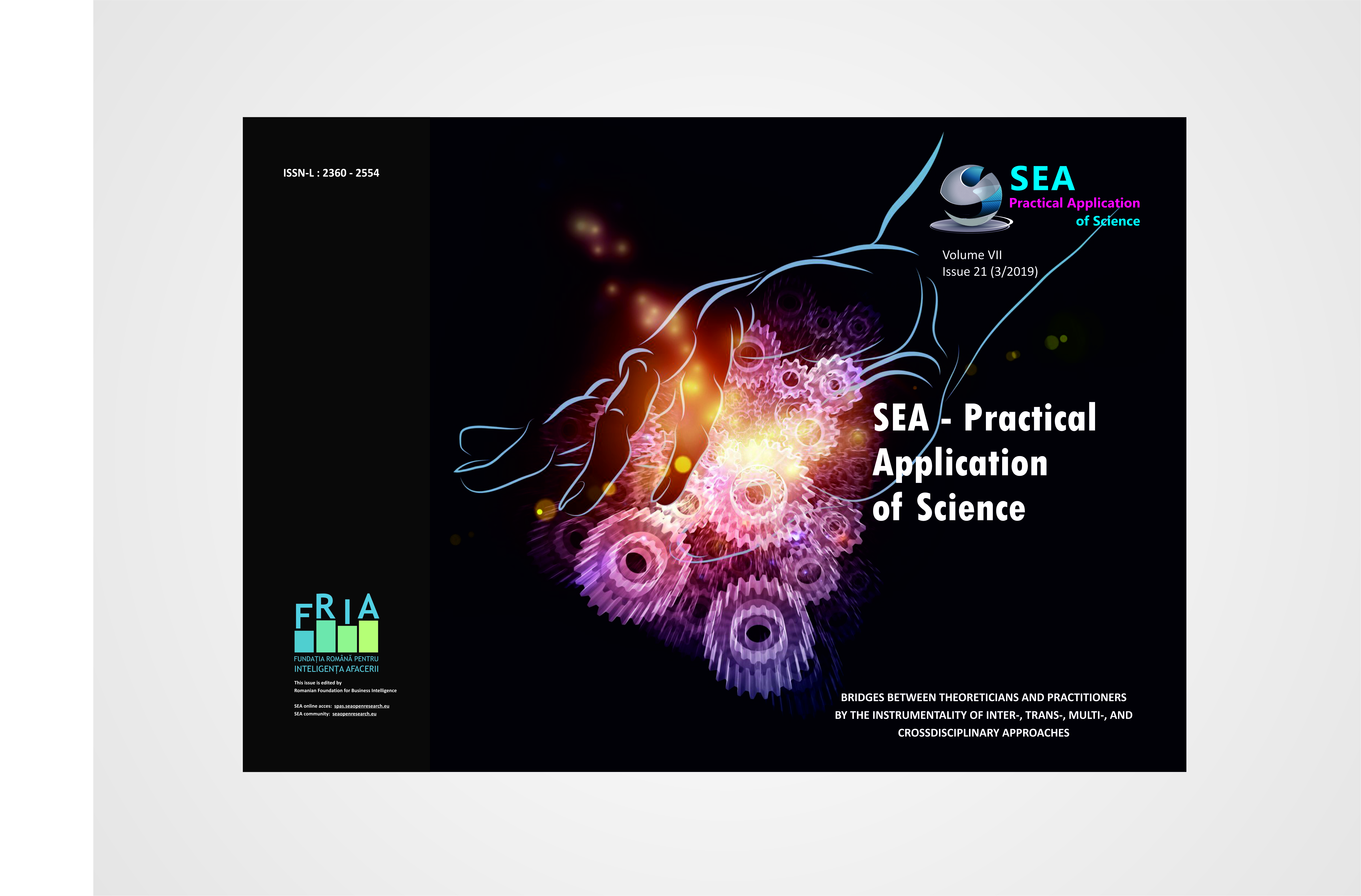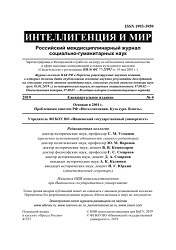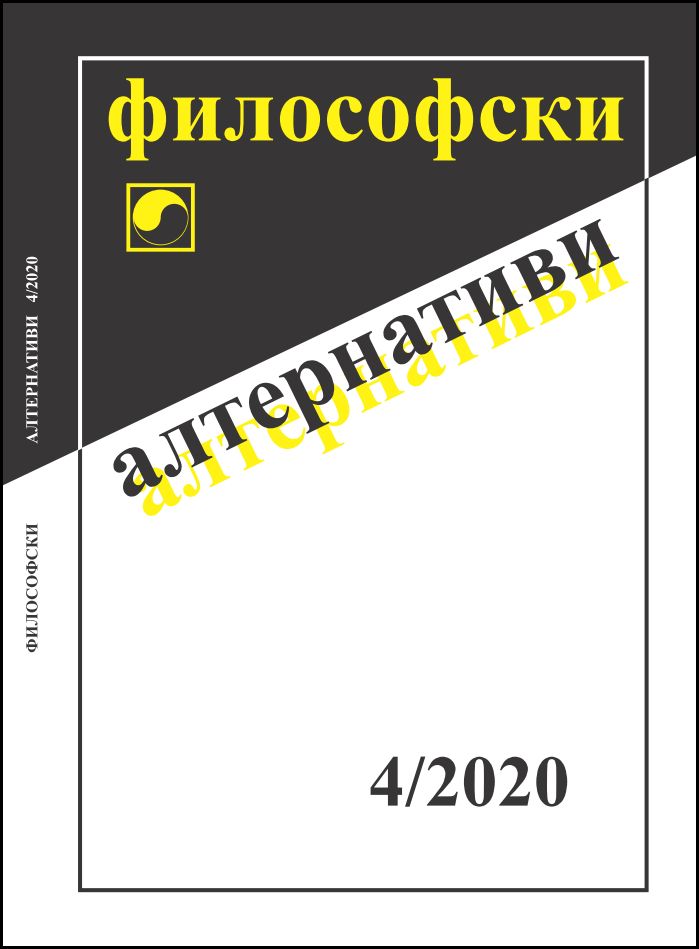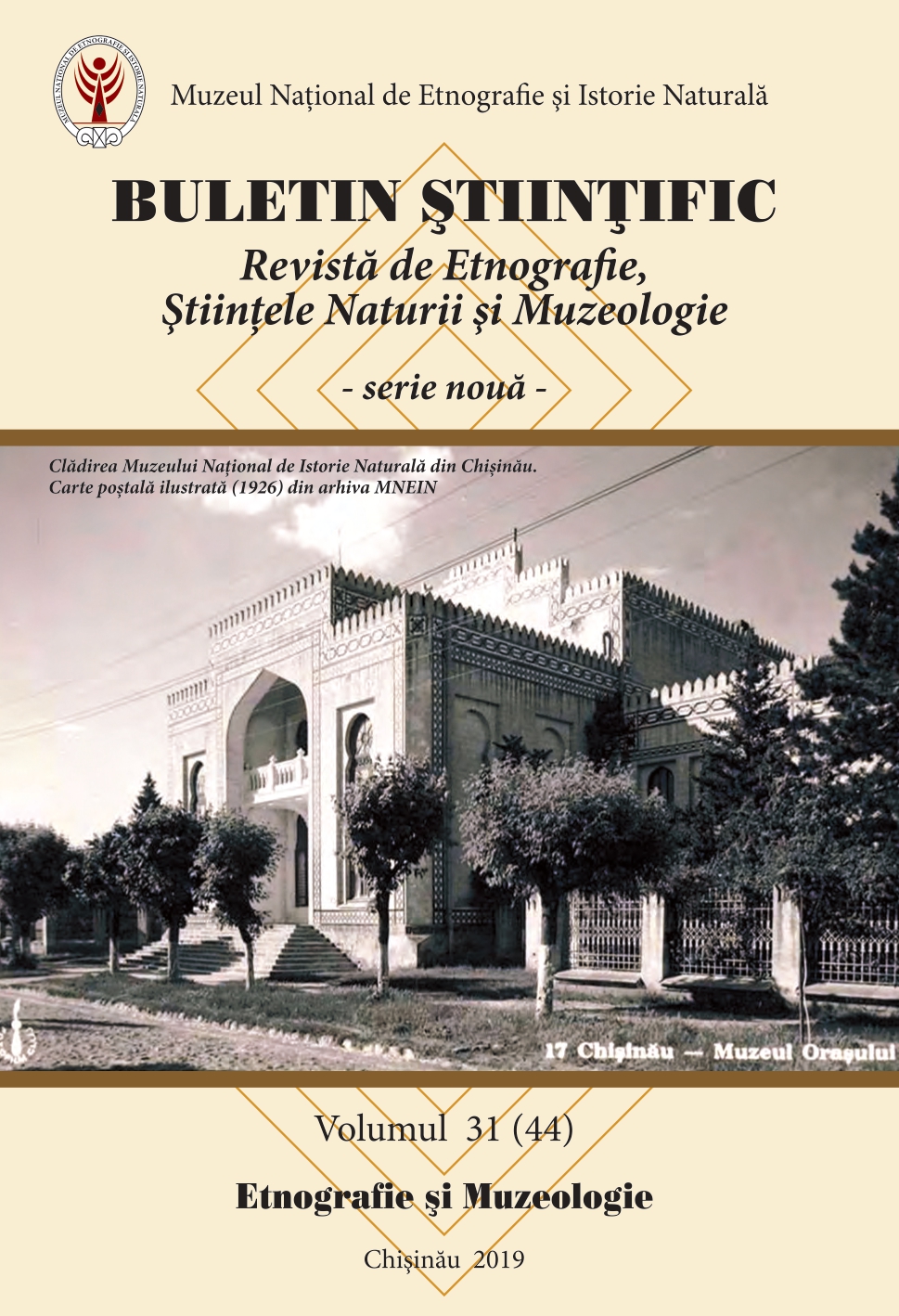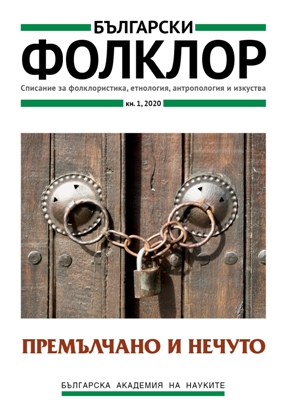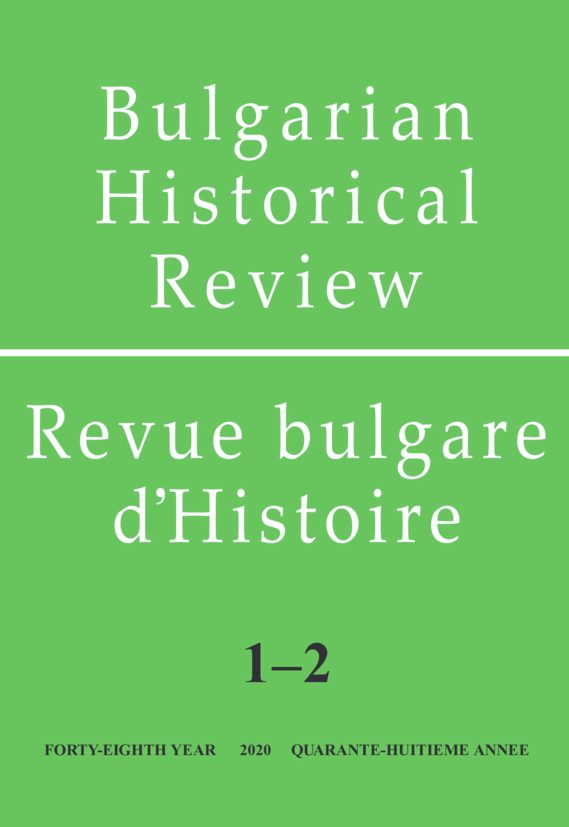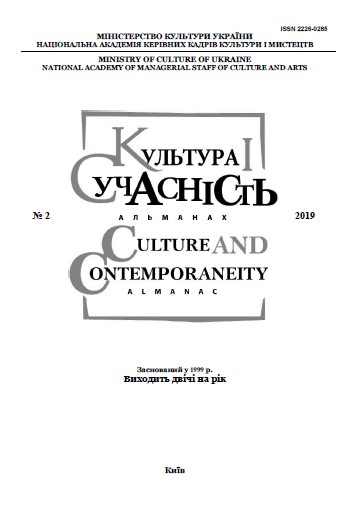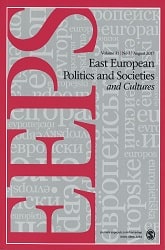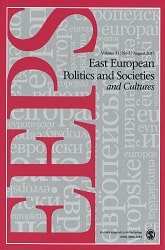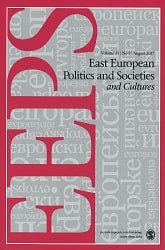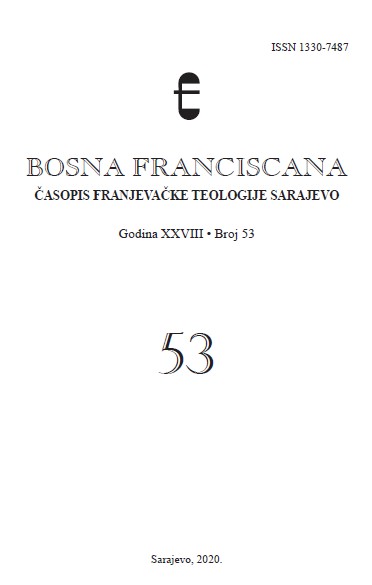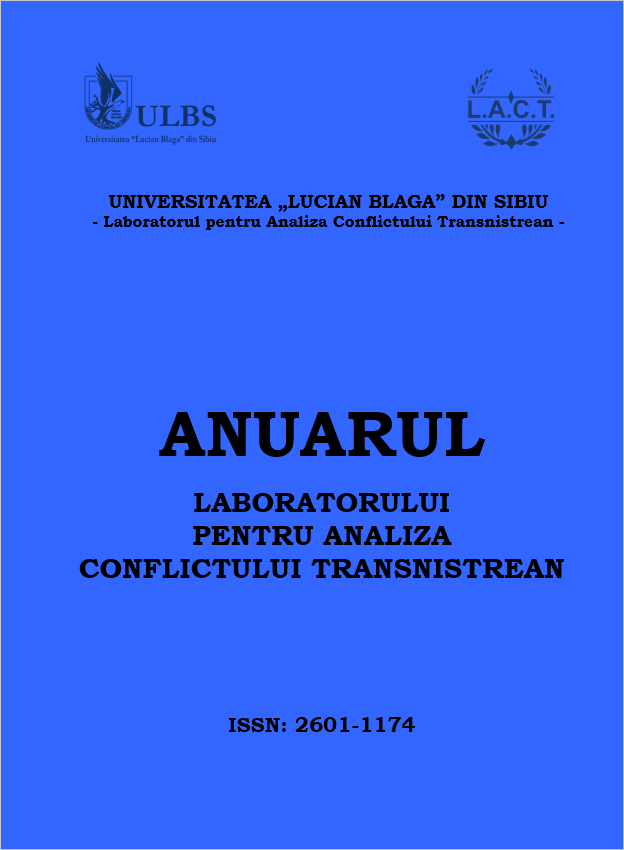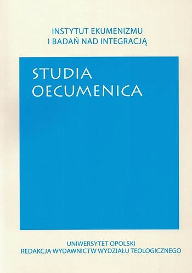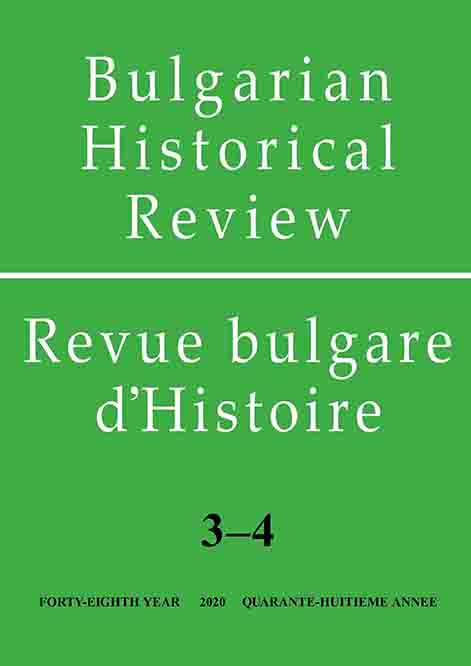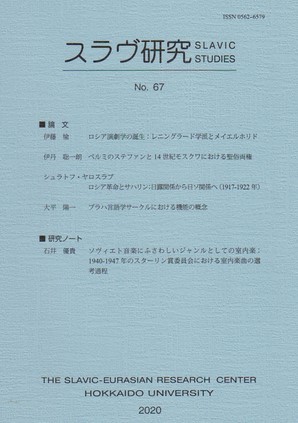Author(s): Itami Soichiro / Language(s): Japanese
Issue: 67/2020
The fourteenth century was a significant era, when the Orthodox Church’s power grew in Northeastern Rus’ and its interactions with the state in the Grand Principality of Moscow increased. The mission initiated by Stephen of Perm (c. 1345-1396) to the Komi, Finno-Ugrian inhabitants of the Vychegda Perm region, the eastern part of the Russian North, occupied a distinctive place in the Church’s vibrant activities of this era. Stephen created the Old Permic script, translated Christian texts into the Komi language, and converted the Komi to Christianity—the single case in the long history of the Orthodox Church since the mission of Cyril and Methodius in the ninth century up to today, when the mission among non-Slavic peoples was accompanied by the creation of a new script. In addition, appointed as the first bishop of Perm in 1383, Stephen played an active role in alleviating the conflict between the Grand Principality of Moscow and the Republic of Novgorod. Previous scholarship, however, has not meaningfully captured Stephen’s important political role, primarily addressing the cultural aspects of his activities. This article sheds fresh light on the political implications of his mission to the Komi, detecting its connection with the expansion of the Grand Principality of Moscow and thereby clarifying the relationship between Stephen of Perm, the grand prince of Moscow, and the metropolitan of all Rus’. This helps us reconsider state-church interactions in fourteenth-century Moscow. The close linkage of Stephen’s mission with Moscow notwithstanding, there was a discrepancy between the grand prince of Moscow and the metropolitan of all Rus’. Dmitry Donskoy (r. 1359-1389), the grand prince of Moscow, was a constant supporter of Stephen’s mission to the Komi, together with his intimate clergy including the metropolitan candidate Mikhail Mityay, Bishop Gerasim of Kolomna, and Metropolitan Pimen. Presumably, Dmitry understood that Stephen’s initiative would be useful for the Grand Principality of Moscow’s northward expansion policy in general and its fur trade in particular. Yet no evidence shows that anyone but the pro-Dmitry clergy supported Stephen’s mission; the Metropolitan Alexius and Metropolitan Cyprian might have been unhappy with Stephan’s activities. Thus, it may be safe to argue that Stephan’s mission to the Komi was an enterprise independent of the Russian Orthodox Church and that the Church did not act in concert with the Grand Principality of Moscow. This does not mean that Stephan’s mission to the Vychegda Perm was totally subjugated to Moscow’s will, however. Stephen as bishop of Perm endeavored to preserve the “Komi Orthodox Church” catering to the Komi people. His use of the Komi language and appointment of Komi clerics as well as his involvement in the peace negotiation with Novgorod in 1386 account for the degree of leeway Stephen enjoyed from Moscow. In sum, this article contributes to the clarification of the relationship between Stephen of Perm, the grand prince of Moscow, and the metropolitan of all Rus’ in the following manner. Dmitry’s patronage of Stephen’s mission was an outcome of friendship and mutual interest. Given the grand prince of Moscow’s policy of northward expansion, Stephen’s mission may well have facilitated the later annexation of the Komi region. In addition, Stephen as bishop of Perm played a significant political role in arbitrating in the strife between Moscow and Novgorod over the Russian North. The fact that the Church in unison did not orchestrate Stephen’s mission reveals that such a state-church coordination as evident in later periods did not exist in fourteenth-century Moscow.
More...

